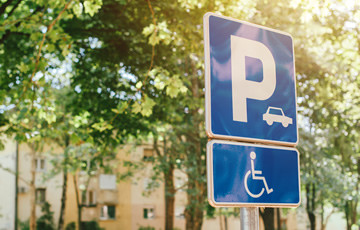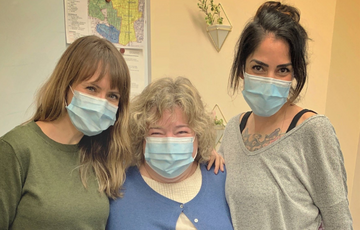Wood smoke, like other smoke, is a source of fine particulate matter (PM2.5), which can cause eye and throat irritation and may aggravate respiratory and heart illnesses. Smoke is created by wildfires, by burning wood in fireplaces, home appliances and heaters, BBQs, campfires and backyard burning. All of these types of smoke have similar impacts to cigarette smoke.
People who are most vulnerable to the affects of poor air quality from wood smoke include the very young, older persons, and those with heart and lung illnesses.
Learn more about the impact of wood burning smoke on your health.
Reduce wood smoke emissions by choosing alternative heat sources
To minimize emissions, wood stoves used for heating should meet CSA requirements and be appropriately sized. Cut wood should be split and seasoned at least six months before burning and needs to be stored under cover to achieve optimum moisture content.
考虑代表lacing woodstoves with cleaner options, such as heat pumps, pellet stoves, or propane heaters. Any actions to reduce wood smoke and improve air quality will have a positive impact on community health.Check for wood stove exchange programs in your community.
Avoid open burning to improve wood smoke emissions
Backyard organic waste should be composted or chipped, not burned. Many communities offer free branch drop-off at municipal landfills or may offer curbside collection at certain times of the year. Most communities no longer permit backyard burning. Check with your municipality to find out about recycling and yard waste services in your area.
How can I reduce wood smoke in my community?
Air quality is a shared concern between the provincial government, municipalities, health authorities, community partners and individuals.
Provincial legislation controls smoke, includingThe Environmental Management Act,Open Burning Smoke Control Regulationand theSolid Fuel Domestic Appliance Regulation.
If you see wood smoke that may be causing illegal pollution, call the provincialRAPPline at 1-877-952-7277. Read more about theprovincial regulations for open burning.
Local government can also play a role in reducing wood smoke. Contact your local elected representatives with your concerns. Island Health has successfully worked with several local governments on improving local air quality.
For air quality information, visitwww.bcairquality.ca




